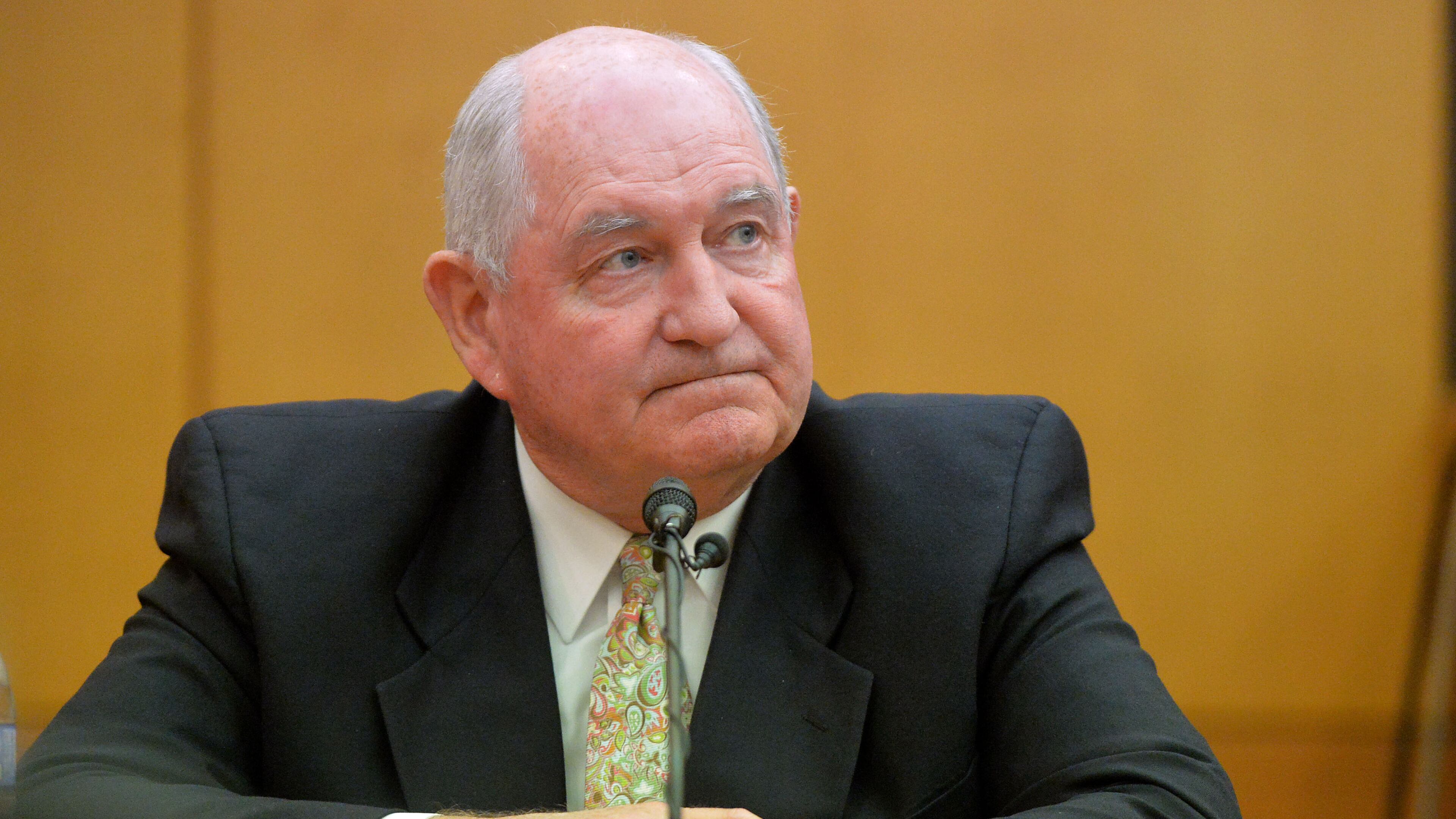In the end, some adults cared about what APS students learned

It was almost five years ago that a visibly angry Sonny Perdue, in his last few months as governor, visited the AJC's offices one late summer afternoon to talk about the Atlanta Public Schools cheating scandal. Perdue's temper is still mentioned from time to time under the Gold Dome, particularly this time of year when the end of a session is near and the arm-twisting is under way in earnest. But it wasn't mere anger that animated Perdue that day. It was a righteous indignation at the way APS superintendent Beverly Hall and her fans in the city's business community had tried to play down what appeared to be a massive, pervasive, long-running scheme in the district to cheat its way to surprisingly good test scores and the plaudits (and bonuses) that came with them.
The investigation Perdue launched -- in response to what he considered a whitewash by APS in its own review of statistically unfathomable test gains and the wrong-to-right erasure marks that seemed likely to have generated them -- culminated today with the criminal conviction of all but one defendant who went to trial in the APS case. A Fulton County jury found 11 former educators guilty of violating the RICO statute normally reserved for organized crime gangs, and several of the defendants were also convicted on charges of false statements, writings or swearings, as well as theft by taking, for those bonuses.
The prosecution that began two years ago with the trial (and subsequent acquittal) of one administrator continued as other defendants struck plea deals, and the trial of the final 12 began all the way back in August. Hall never made it to trial, being excused from standing alongside those dozen defendants because of advanced breast cancer that claimed her life last month. The entire endeavor was a risk for Fulton County District Attorney Paul Howard, who was criticized in some quarters for even bringing a criminal case against educators; the complaints had he lost the case would have been deafening, questioning the need to keep open, at taxpayer expense, a dark chapter of the city's history for months after it might have been closed.
These convictions, despite the appeals we can expect, vindicate his decision. But they do much more than that.
Back in August 2010, after Perdue made that trip to the AJC, I asked in print what the children caught in the middle of this adult drama were learning about the value those adults put on honesty. "The clear lesson," I wrote at the time, "is that the adults in these children's world accept dishonesty and, when confronted with accusations, will lie, hide the truth and shift blame onto others."
It took Perdue and other adults, black and white, Republican and Democrat, Atlantans and out-of-towners, people who otherwise didn't cross paths often if ever with these children, to ensure a different lesson was taught. I hope the children at those schools were watching today to see that some adults, somewhere, cared enough about them to seek justice on their behalf. And I hope no child, anywhere, has to go looking for such a lesson again.


